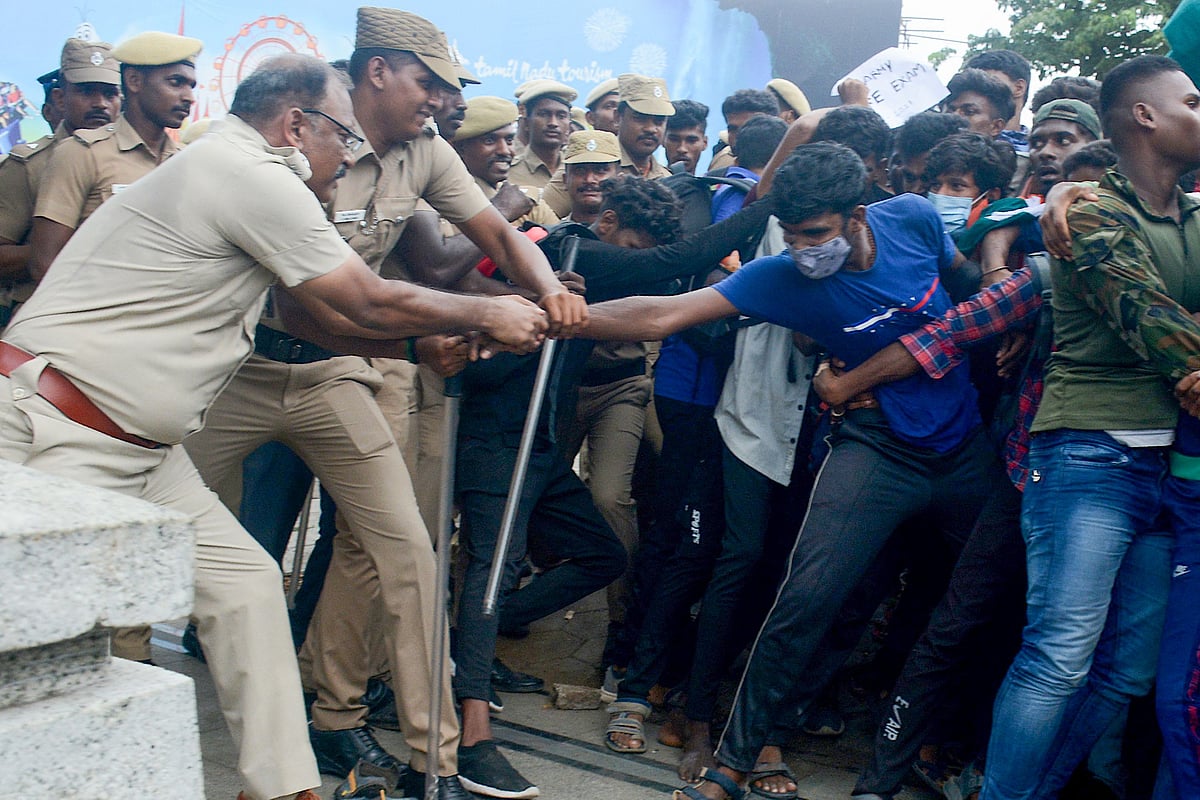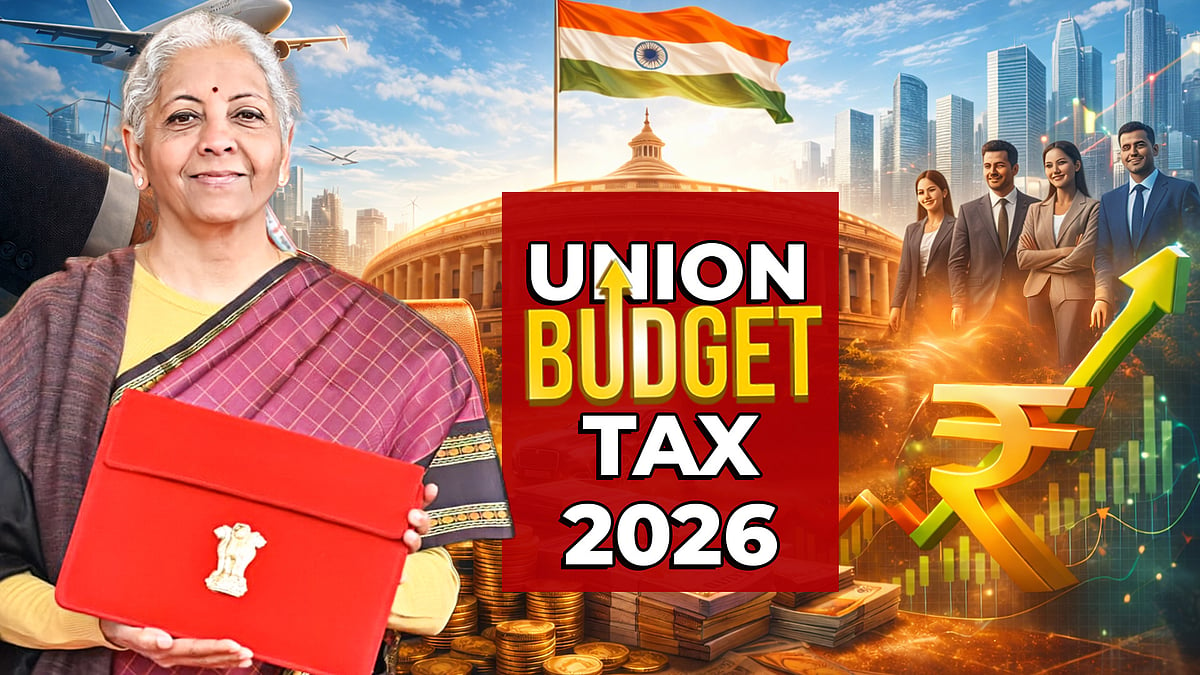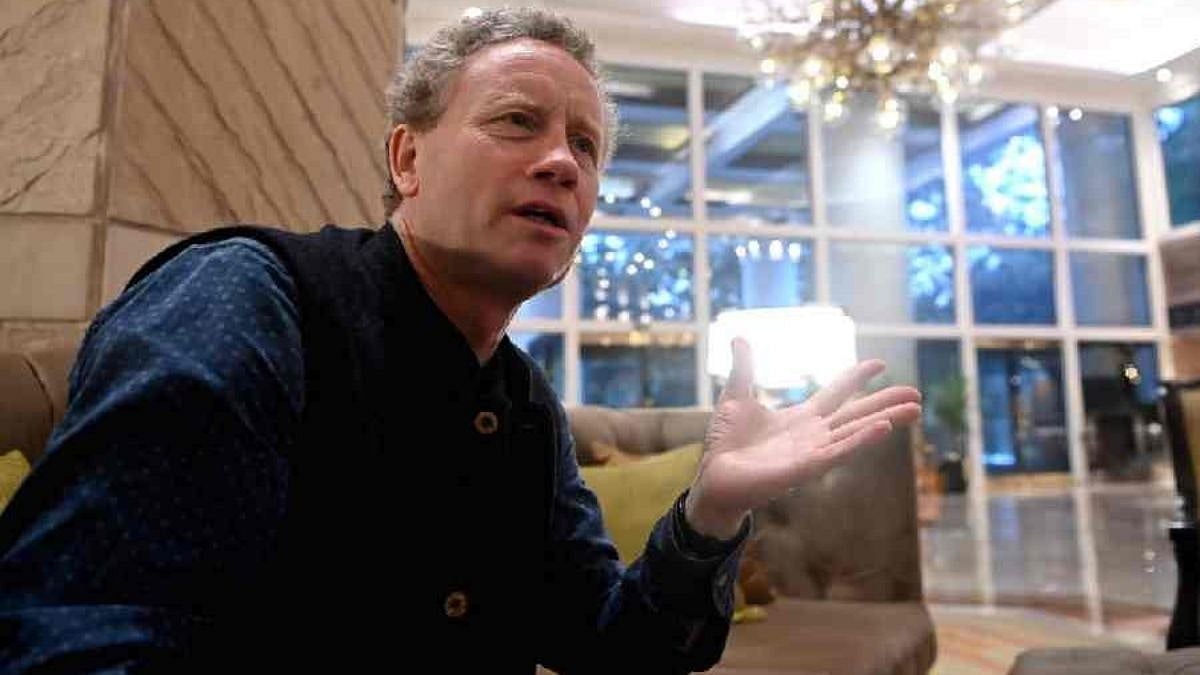At a time when the country is in turmoil and the youth are on warpath due to the Agnipath scheme for recruitment in the army, I am reminded of Kautilya, the great statesman in the time of Maurya king Chandragupta. The politics of Hindutva derives great pride from pre-Muslim history and is inspired by Hindu traditions. Within its ideological prism, Kautilya and his Arthashastra occupies the same exalted position that Machiavelli had attained in the European tradition. Statecraft for Kautilya was not a loose structure of thesis but a well-rounded philosophy, like science; the role and the duties of the king have been discussed in great detail in his treaties.
Kautilya while talking about the King writes - “In the happiness of the subjects lies the happiness of the King; in their welfare, his own welfare. The welfare of the King does not lie in the fulfilment of what is dear to him: whatever is dear to the subjects constitutes his welfare.”
Democracy is a 20th-century phenomenon. It’s a modern construct though there is evidence that democracy in its most primitive stage did exist in antiquity and kings at times were chosen by the people, but that was more or less an exception. The King, in almost in every tradition was a despot, the supreme being, and his words were the last words in his kingdom; as a king, valour and cunningness were the defining principles for his origin and longevity.
But today, India is a democracy and instead of a king, a prime minister controls the levers of power – a person who is chosen by the people and remains at the helm so long as he or she commands the will of the people. Still Kautilya’s words are supremely significant. For the prime minister, the welfare of the people should be paramount, and not his ego.
Today, the question that is of vital importance is, if the welfare of the people is still the defining core of governance, or is it the egotistical execution of policy formulations? We need to ask what is sovereign - the will of the people or the ego of the leader?
It can be argued that a definite pattern has emerged over the last eight years, policies are announced in the name of the welfare of the people but without the real stakeholders, the people, being taken into confidence; and when the people react negatively, then the same people are branded losers.
The country first witnessed this trend when demonetisation was announced at 8 pm on November 8, 2016, declaring 86% of our currency was illegal and bringing in untold misery. More than a hundred people died standing in queues to deposit the defunct currency and to access some money. The economy, which was moving at a rate of 8%, tanked. Millions lost their jobs, lakhs of small and medium industries collapsed; but instead of admitting its mistake, the government hailed it as a stepping stone for the construction of the New India. People suffered but the leader was labelled a visionary.
Demonetisation was followed by the thoughtless implementation of the GST. One nation, one tax, was coined though instead of one tax several slabs were created and each slab was tweaked, God knows how many times. The sad part is that the same GST had been severely criticised by the BJP when the Manmohan Singh government had propounded the idea.
In the Modi government’s second term, Article 370 was repealed and CAA (Citizenship Amendment Act) was formulated. For more than a year people in Kashmir were forced to live in sub-human conditions, without their basic rights. When Muslim women protested against the CAA and the Shaheen Bagh movement attracted global attention, the non-violent movement was dubbed anti-national. Similarly, when lockdown was announced at 8pm on March 24, 2020, and out of desperation, thousands of people were forced to walk hundreds of kilometres back to their homes in the biggest migration since Partition, the government and its supporters, instead of sympathising with them, called them losers instigated by the opposition.
During the second Covid wave, the management of the pandemic by the government was so pathetic that the Supreme Court was compelled to ask the government “where was the national plan” to deal with Covid, and when the government still did not wake up from its slumber. The highest court had to then tell the government to “smell the coffee”.
The farmers' movement will go down in history as one of the longest democratic movements across the world. The farmers had to sit on the road for almost a year, demanding the repeal of the three farm laws. At the behest of the regime, the movement was accused of colluding with anti-India forces to destabilise the government. It was not the welfare of the farmers but the arithmetic of the electoral politics which dictated the government’s withdrawal of the farm laws. And now, once again, history is repeating itself. The youth are angry with the Agnipath scheme. Anger has turned into arson and destruction. This has happened at a time when unemployment is skyrocketing.
A definite pattern has emerged. The government has evolved a system in which every scheme is termed as a never-seen-before scheme, hailed as transformative, only for the welfare of the people – and when the move disrupts the life of the common man and public at large expresses opposition, they suddenly become traitors, anti-nationals, enemies of Hindutva, playing into the hands of government-haters and foreign elements. The question is that if decisions are taken for the welfare of the people, then why do the people get angry with the government and why has the government consistently failed to convince the people about its good intentions?
The government of the day should remember what Kautilya had said: “In the happiness of the subjects lies the happiness of the king.” If people are unhappy, then the king should look within and realise his mistakes. Will the modern king look within?
(The writer is Editor, SatyaHindi.com, and author of Hindu Rashtra. He tweets at @ashutosh83B)









